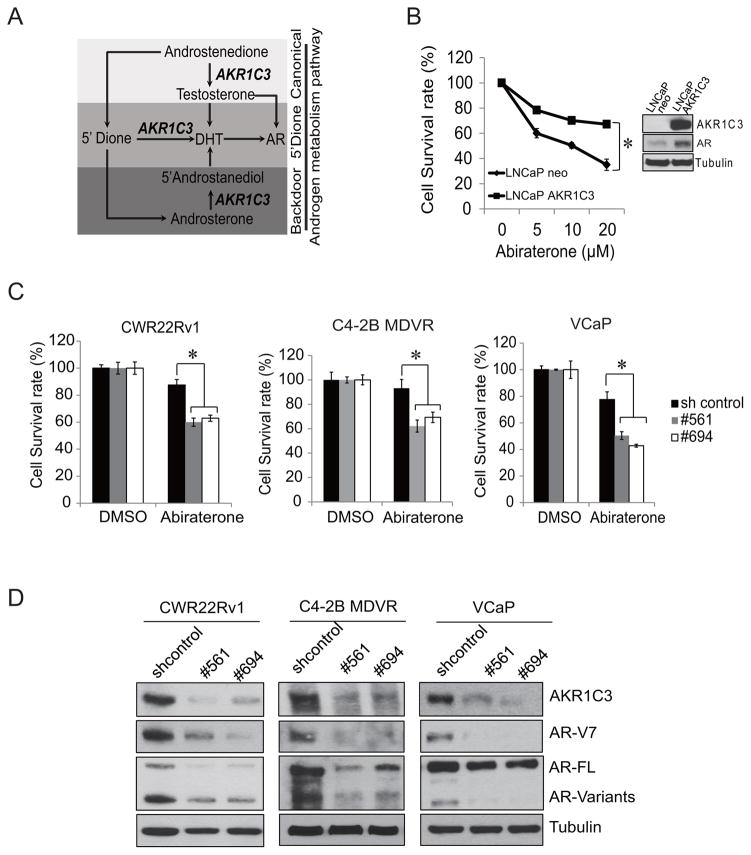Figure 1. Overexpression of AKR1C3 confers resistance to abiraterone.
A. AKR1C3 is involved in the canonical, 5-diol and backdoor pathways of androgen synthesis and activates AR. B. LNCaP-neo and LNCaP-AKR1C3 cells were treated with different concentrations of abiraterone for 2 days. Total cell numbers were counted and cell survival rate (%) was calculated. Whole cell lysates from LNCaP-neo and LNCaP-AKR1C3 cells were subjected to western blot (Inside panel). C. CWR22Rv1, C4-2B MDVR and VCaP cells were transiently transfected with AKR1C3 shRNA (#561 and #694). Following treatment with 10 μM abiraterone for 3 days, total cell numbers were counted and cell survival rate (%) was calculated. D. CWR22Rv1 cells, C4-2B MDVR and VCaP cells were transiently transfected with AKR1C3 shRNA (#561 and #694) for 3 days, AKR1C3, AR-V7 and AR expression were examined by western blot. * p<0.05.

